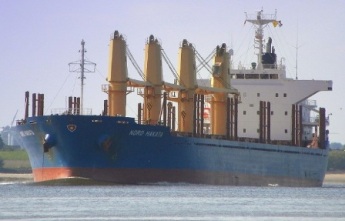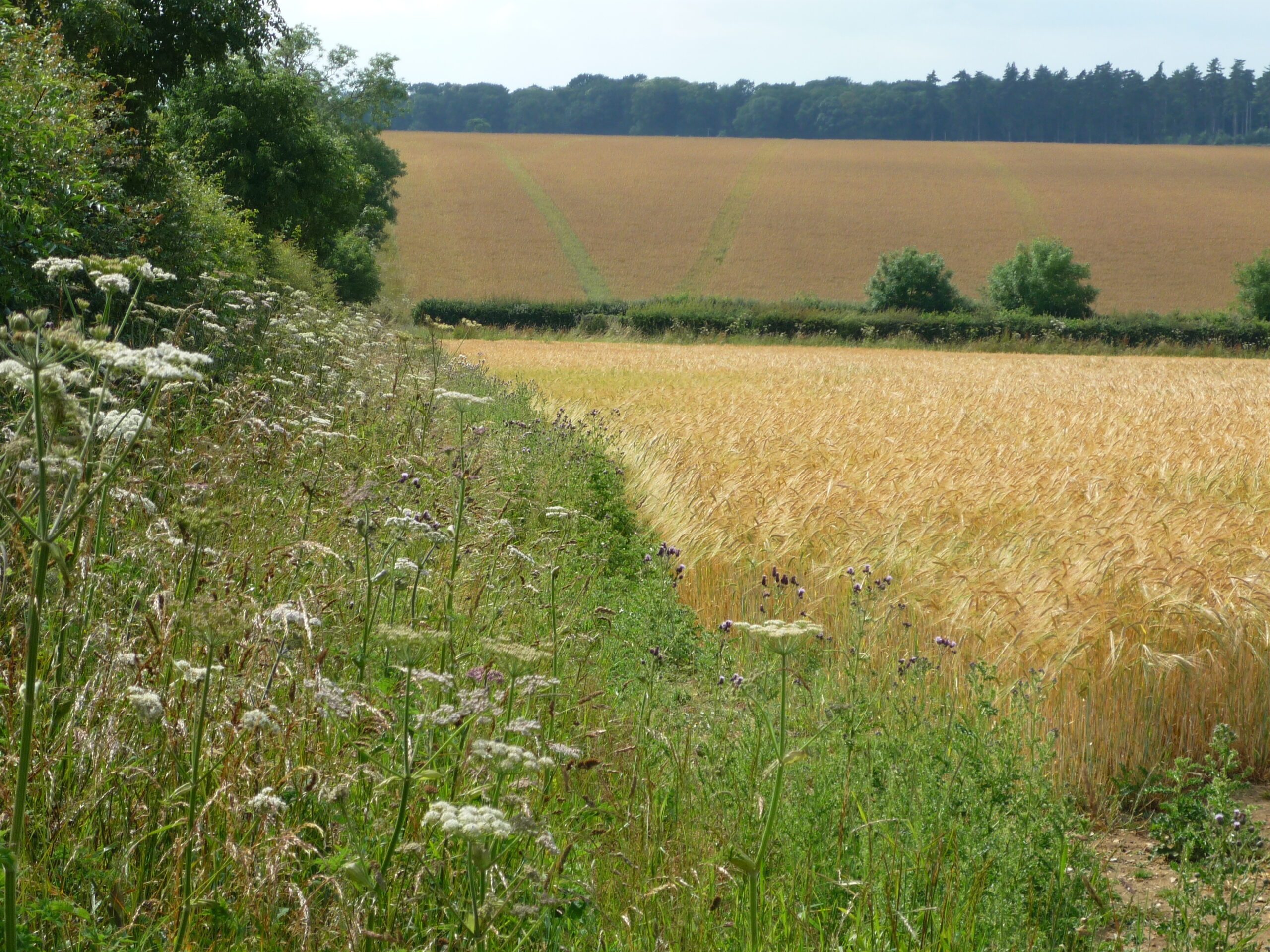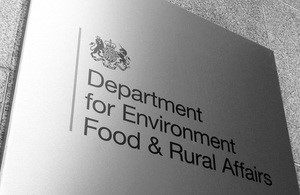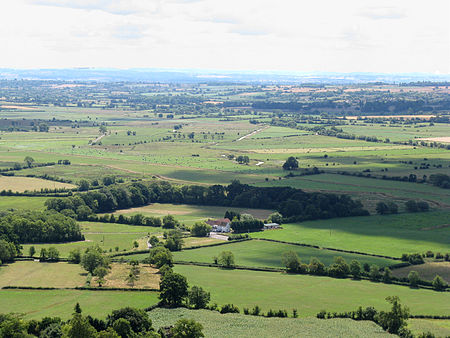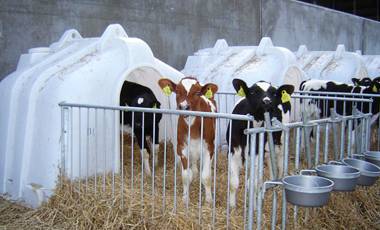Capital grants will be available again in England after the schemes were closed in the autumn due to budget over-runs. This was included in a set of announcements made by Defra Secretary of State Steve Reed in a speech at the NFU Annual Conference on the 25th February. They are aimed at boosting the profitability of the farming sector.
The announcements are;
- Capital Grants (existing) – 4,000 applications to this scheme (previously called Countryside Stewardship captial grants) were suspended in November (see https://abcbooks.co.uk/capital-grants-closed/) due to budget pressures. It is stated that these will be processed in full when the new 2025/26 financial year starts.
- Capital Grants (new) – the scheme will open again ‘later this year’. To limit spending, there will be a a cap of £25,000 for applications to the water quality, air quality and flood management themes. The trees and boundaries theme will have a limit of £35,000. There is a total budget of £45m.
- Farm Equipment & Technology Fund (FETF) – another round is due to open in the spring. This is set to be the final round of the scheme however. The FETF has not been open since last spring. There will be a budget of £30m for the Productivity and Slurry Management items, and £16.7m for Animal Health and Welfare. The announcement states that grants from £1,000 to £25,000 will be available; previously Productivity and Slurry Management Grants were up to a maximum of £50,000.
- Other Grants – There has been no announcement regarding the ‘larger’ capital grants which were available under the Farming Investment Fund (FIF) (Improving Productivity, Adding Value, Livestock Housing, Water Managment etc). The Farming Innovation Programme will reopen with funding of £42.5m. This is a competitive scheme which offers grants for research and development projects that benefit farmers, growers and foresters. It will focus on the themes of precsion breeding and net zero. A new funding stream worth £20m called Accelerating Development of Practices and Technologies (ADOPT) will fund innovation.
- Farming in Protected Landscapes (FiPL) – the scheme is to be extended to 2026. No indication on budget has been provided.
- HLS – those with old agreements under this scheme rolling-on will see payments rates increase. Agreement holders will be written to by the end of April.
- Animal Health and Welfare – the current ‘Pathway’ will be amended so there is more flexibility for farmers to have funded vet visits for multiple species.
- Seasonal Workers Scheme (SWS) – the Seasonal Worker visa route will be extended for five more years. The quota will be reviewed annually, although it looks like this will be downwards as it talks about ‘supporting farms while gradually reducing visa numbers as we develop alternative solutions’.
- Procurement – a new requirement for Government catering contracts to favour high-quality, high-welfare products from local farms. The Government’s ambition is for at least 50% of food supplied into the £5 billion public sector catering contracts to be from British producers or those certified to higher environmental standards.
- Trade deals – it is stated that the Government will uphold and protect the UK’s high environmental and animal welfare standards in future trade deals (a very easy announcment to make and with no cost).
- Defra – a ‘Farming Profitability Unit’ will be created in the Department. Its remit is not yet clear.
- Biosecurity – £200 million will be invested to improve resilience against animal disease. The Animal and Plant Health Agency (APHA) animal health facility at Weybridge will be turned into a new National Biosecurity Centre.
Further details are awaited, particularly on opening dates for the capital grants. Farmers will be pleased to hear of the re-opening, although it will be interesting to see what/if items have been removed from the ‘lists’. We will endeavour to keep readers updated.

